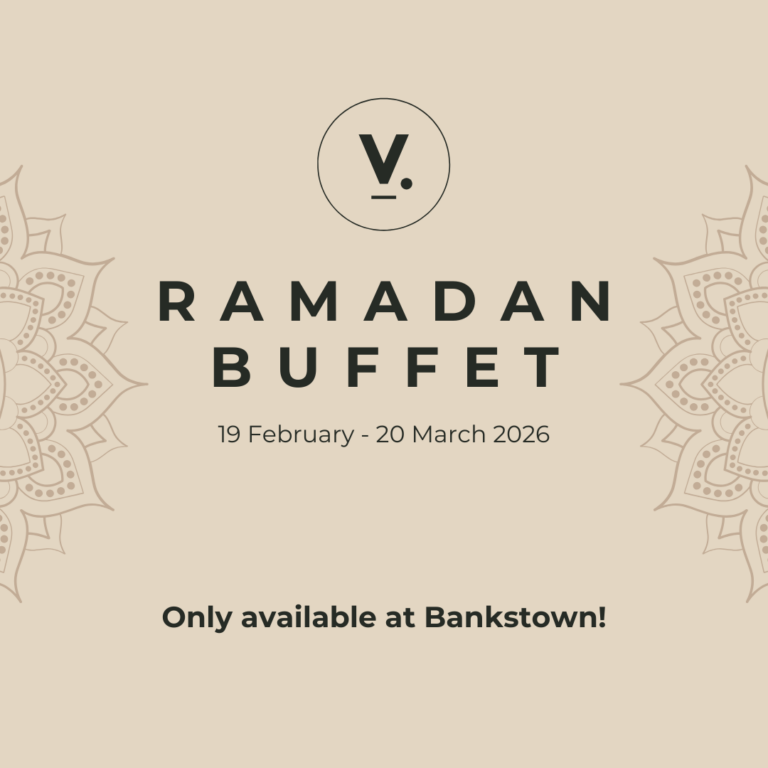
Ramadan Buffet 2026 at Volcanos Steakhouse Bankstown
Volcanos Steakhouse brings together a generous spread of dishes in a welcoming atmosphere tailored for breaking the fast.
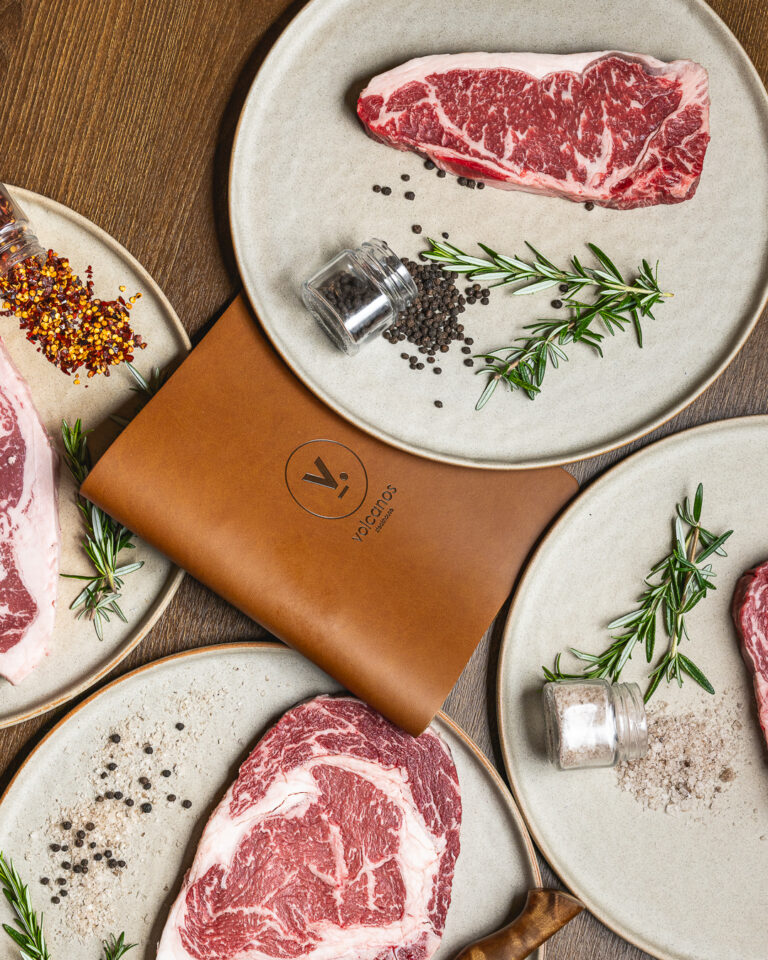
If you’ve ever dined at a halal restaurant or bought halal meat from the butcher, you might’ve paused and asked yourself: “What actually makes meat halal?” It’s a word we hear often, especially in multicultural cities like Sydney and Melbourne, but many people (even those who follow halal diets) aren’t entirely sure what goes into certifying meat as halal. For places like Volcanos Steakhouse, a fully certified halal steakhouse, this certification isn’t just a label, it’s a commitment to quality, ethics, and transparency. Let’s take a closer look at what the halal certification process really involves, and why it matters more than most people think.
The term “halal” is Arabic for “permissible” or “lawful,” and when we talk about halal meat, we’re referring to meat that’s allowed under Islamic dietary laws. But halal is not just a simple yes-or-no label. It’s a complete framework that guides how the animal is treated, slaughtered, processed, and even how the meat is stored and served.
Here are the key principles of halal meat:
The process isn’t just about religious rituals, it’s about ensuring cleanliness, humane treatment, and transparency from start to finish.
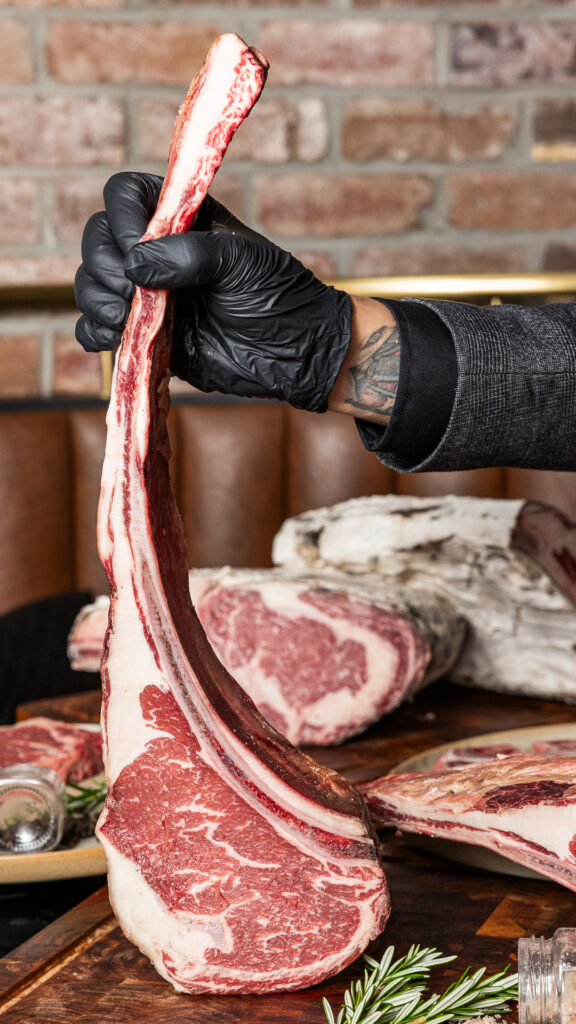
In many countries, including Australia, halal certification is handled by official Islamic organisations that work with producers, abattoirs, processors, and restaurants to ensure the entire supply chain complies with halal standards.
In Australia, some of the most well-known certifiers include:
Each certification body has slightly different protocols, but they all follow the same core Islamic requirements. These certifiers inspect facilities, verify practices, and regularly audit businesses to ensure compliance.
For a steakhouse like Volcanos Steakhouse, this means more than just sourcing meat from a certified supplier. It means ensuring everything from the supplier to the kitchen is handled with care, cleanliness, and accountability.
The slaughtering process is often where people feel the most confused. So let’s break it down.
In halal slaughter:
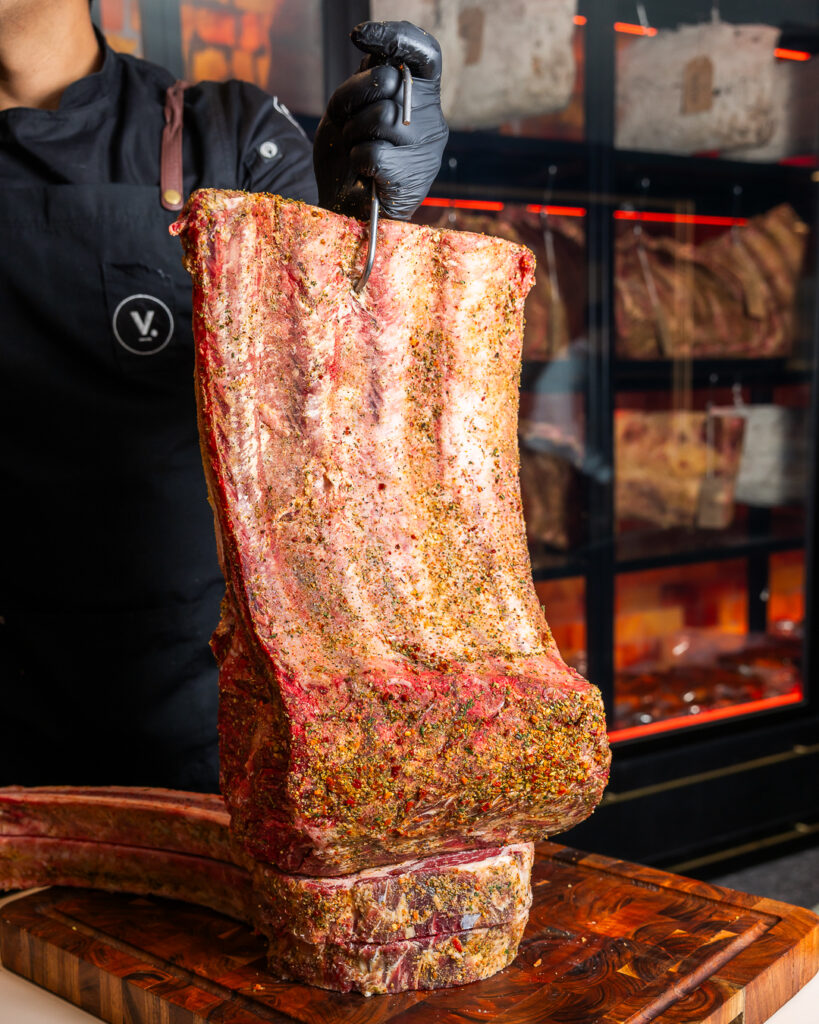
In non-halal slaughter:
While both halal and non-halal meat can be of high quality, halal methods focus deeply on animal welfare, purity, and spiritual intention, values that appeal to many people regardless of religious belief.
Let’s talk about real-world application. Volcanos Steakhouse isn’t just a restaurant with a few halal items, it’s a fully halal-certified steakhouse. That means everything, from the juicy Wagyu steaks to the sauces, the marinades, and even the desserts, meet halal requirements.
For Volcanos, this isn’t a marketing tactic, it’s a responsibility.
By being certified through respected halal authorities, Volcanos ensures:
This makes Volcanos a trusted choice for Muslim diners looking for a halal restaurant where they don’t have to ask a hundred questions before ordering. And for non-Muslims, it’s simply a bonus that their meal was prepared with care and high standards.
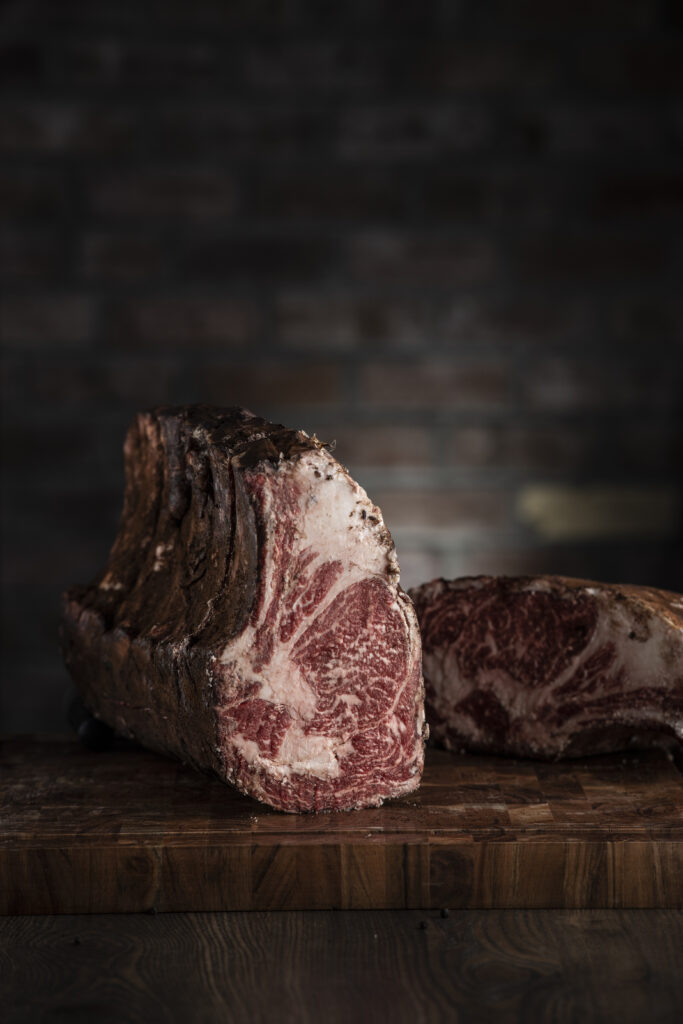
One of the often-overlooked parts of halal certification is traceability. Certifying bodies must be able to track the meat from the farm to your fork. This means knowing:
Traceability ensures not only religious compliance but also food safety. In an age where consumers care more about sustainability and sourcing, halal-certified meat offers reassurance that you’re eating something handled with integrity.
It’s important to note that halal certification extends far beyond just how the animal is slaughtered. In a halal steakhouse like Volcanos, the entire dining experience is halal-compliant. That includes:
This full-spectrum approach is what elevates restaurants like Volcanos from being simply halal-friendly to being truly halal-conscious.
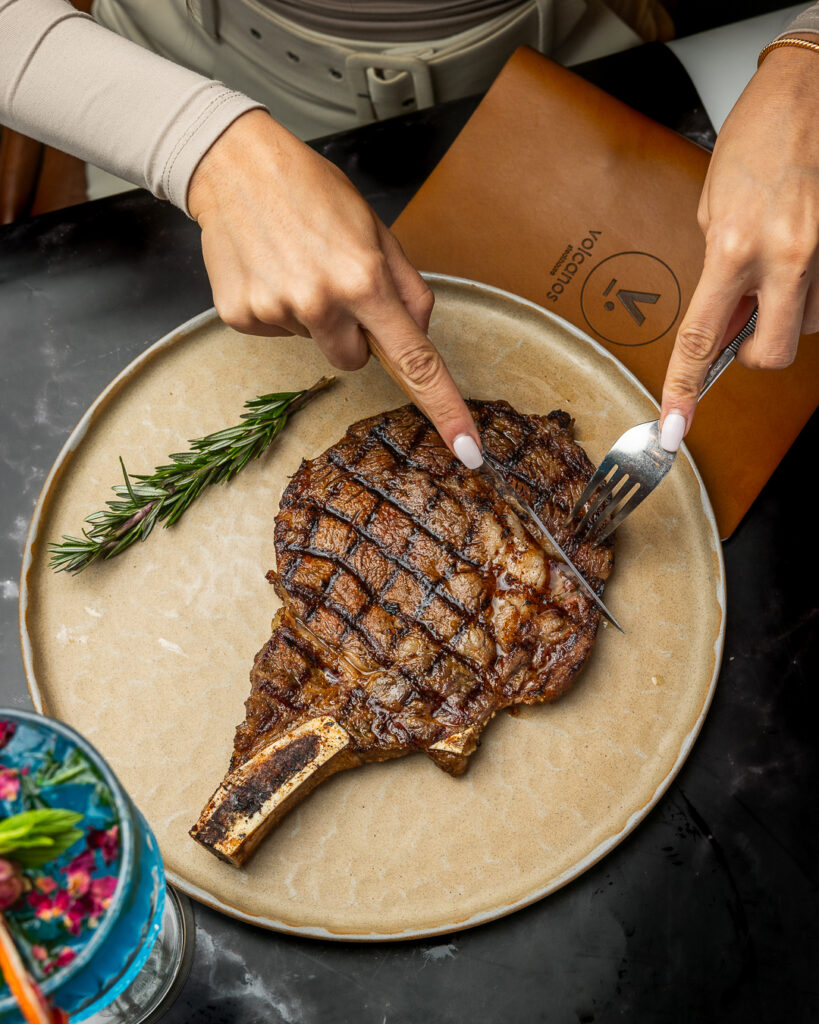
Let’s clear up some common misconceptions.
“Halal meat is only for Muslims.”
False. Anyone can eat halal meat. In fact, many non-Muslim diners prefer it for its cleaner processing and humane practices.
“Halal certification is just a religious formality.”
Not true. Certification involves audits, inspections, documentation, and ongoing compliance. It’s serious business.
“Halal meat is lower quality.”
On the contrary, halal standards often require higher animal welfare and cleanliness than conventional meat production.
“Halal food tastes different.”
If anything, halal meat has a cleaner taste due to the draining of blood. In skilled hands, like the chefs at Volcanos, it’s rich, tender, and deeply satisfying.
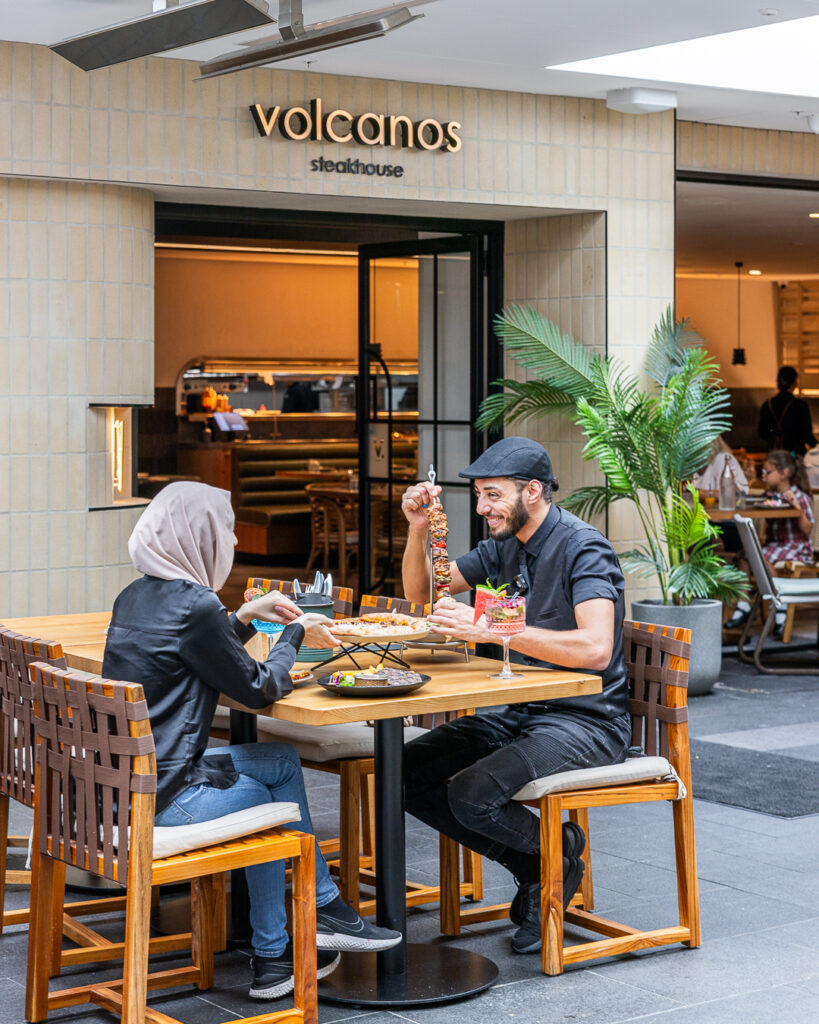
In a multicultural country like Australia, halal food is becoming more mainstream, and not just among Muslims. More people are drawn to halal-certified meals for various reasons:
Restaurants like Volcanos Steakhouse are helping break the stereotype that halal means limited. With dry-aged tomahawk steaks, Wagyu briskets, loaded sides, and decadent mocktails, halal dining has never looked, or tasted, this good.
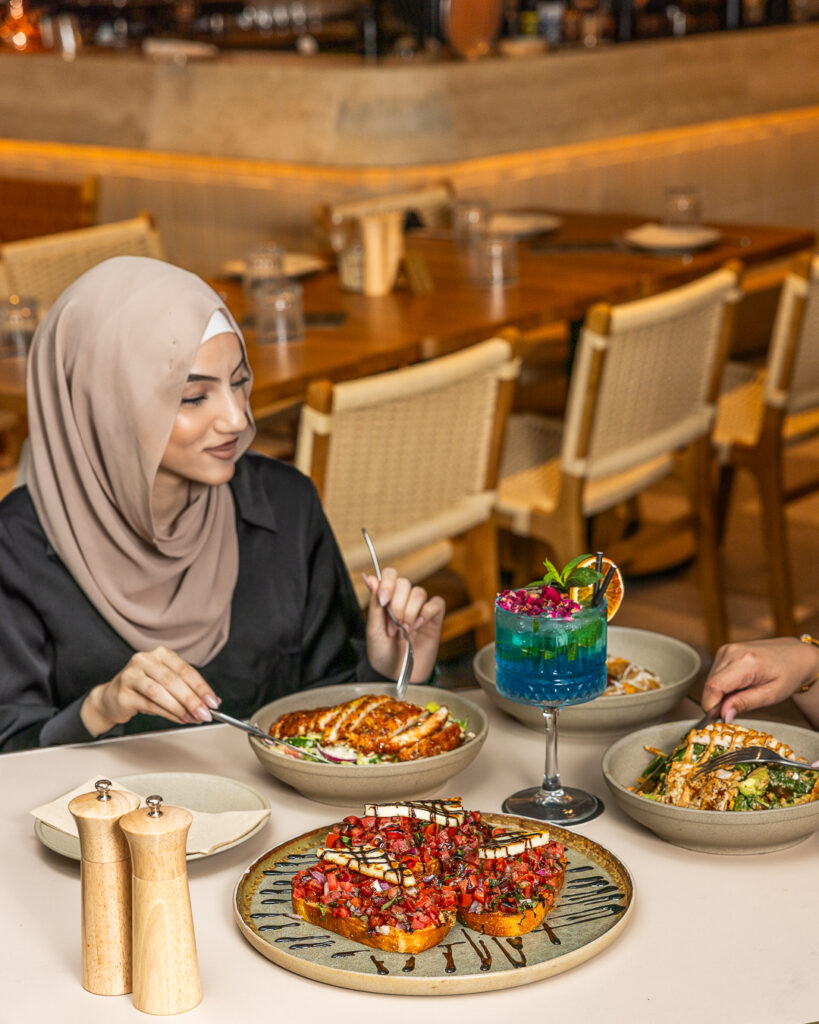
Understanding halal meat means understanding the care that goes into each step, before the animal is even on the plate. From ethical farming to mindful slaughter to respectful preparation, halal is a commitment to values that go beyond religion.\
At places like Volcanos Steakhouse, that commitment is clear in every bite. It’s not just a halal restaurant, it’s a place where you can trust the entire process, knowing your meal has been prepared with purpose, responsibility, and heart.
Volcanos Steakhouse
Where halal meets excellence, and every dish tells a story of care.
📍 Find us in:
To explore how halal values are brought to life on the plate, read “Why Volcanos Steakhouse Chooses to Be Halal” and see how this popular halal steakhouse combines tradition with modern dining.

Volcanos Steakhouse brings together a generous spread of dishes in a welcoming atmosphere tailored for breaking the fast.
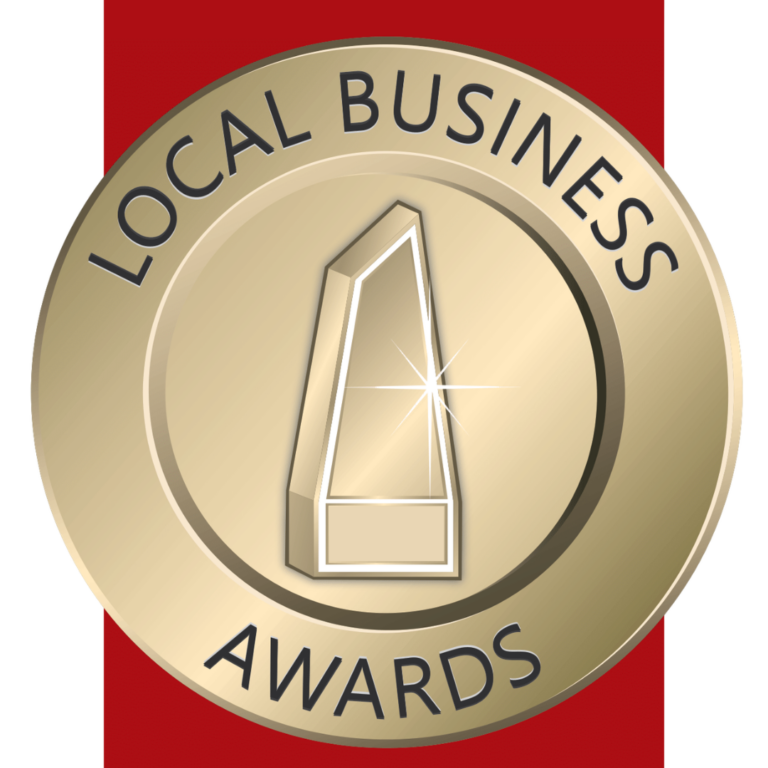
Voting is officially open! Support Volcanos Steakhouse in the Local Business Awards in Restaurant Category 2026. Vote for our Sydney and Victoria locations today.
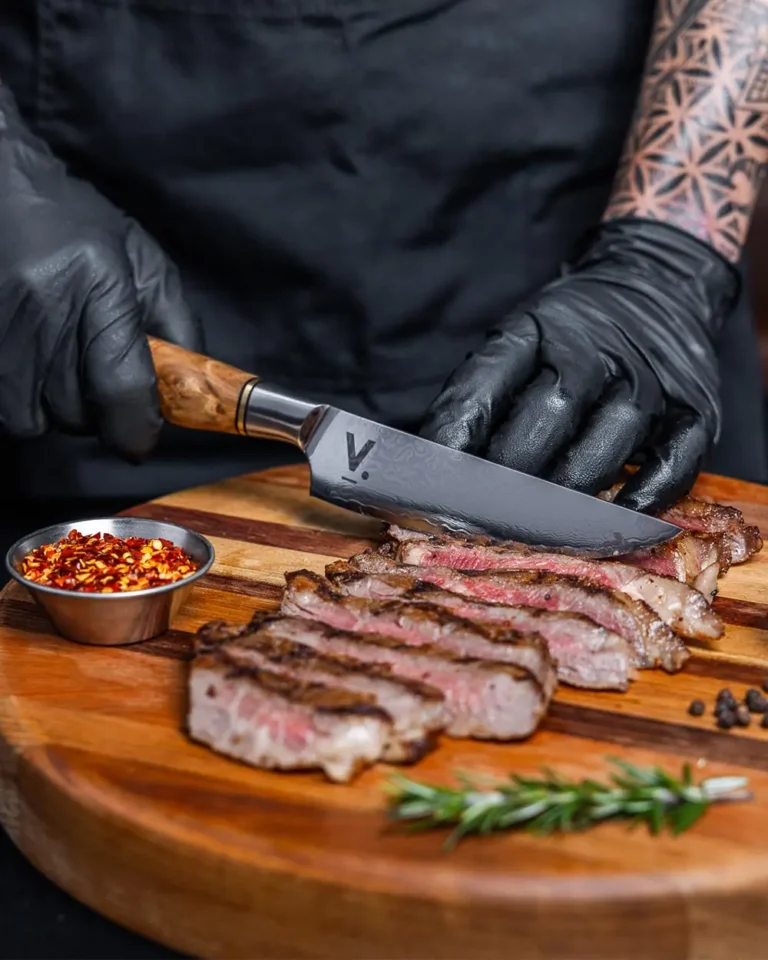
Discover why the Volcanos Premium Knife Set is more than just a steak knife, it’s the perfect must-have for any steak lover seeking precision, durability, and style at home.